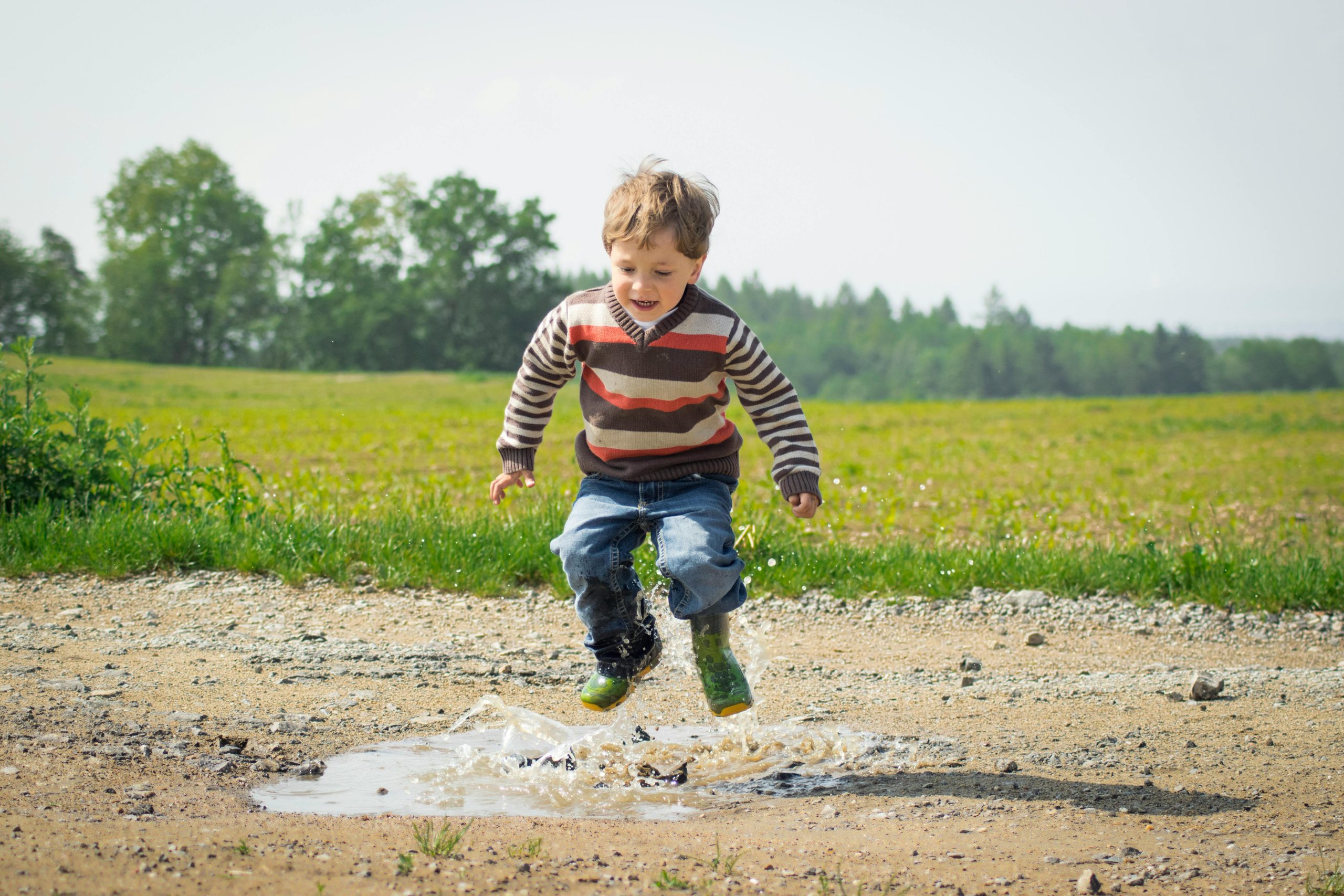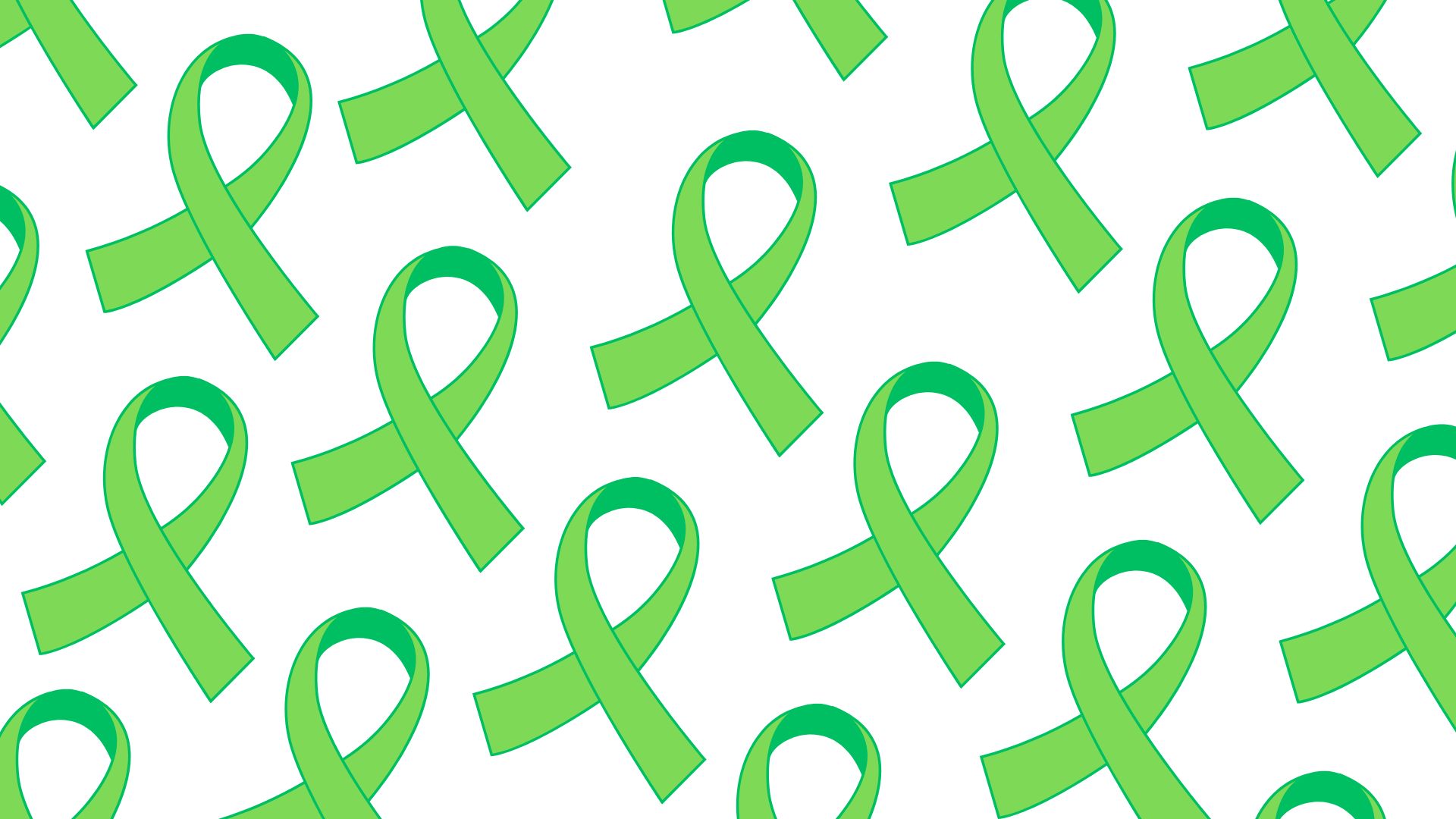Community Engagement: Cultivating Wellness and Personal Development Together
by Brianna Walker, MS | Aug 2023
Community engagement is vital in promoting wellness and personal development, particularly among young people. Cooperative efforts within communities can create a nurturing environment that supports mental, emotional, and physical well-being. This article explores the significance of community engagement from a community-based therapeutic perspective.
What is Community Engagement?
Community engagement is more than participation; it’s a dynamic process involving groups of people who share geographic proximity, similar interests, or common challenges joining together. The Centers for Disease Control and Prevention (CDC) defines community engagement as a collaborative endeavor that seeks to address the well-being of individuals through shared actions and initiatives. These efforts encompass various forms ranging from volunteering and activism to educational programs and environmental projects.
At its core community engagement drives environmental and behavioral changes that positively impact the overall health of communities and their members. By connecting people with shared goals, community engagement builds a sense of belonging, purpose, and interconnectedness, essential for personal growth.
Youth Development Through Community Engagement
For young individuals, community engagement can be a transformative journey, providing a platform for them to explore their interests, develop skills, and cultivate a sense of responsibility. Engaging in community activities empowers youth to become active participants in shaping their surroundings while fostering essential life skills such as communication, teamwork, and leadership.
- Skill Enhancement: Community engagement offers spaces where young people acquire new skills and enhance existing ones. Participating in such experiences supports the development of well-rounded skill sets that extend far beyond their immediate contexts.
- Confidence Building: Engaging with peers and adults in a community setting helps youth develop self-confidence and self-esteem. As they contribute positively to their community, they experience a sense of accomplishment, reinforcing their belief in their capabilities.
- Empathy and Compassion: Participating in community initiatives exposes young individuals to diverse perspectives and challenges. This exposure fosters empathy, compassion, and understanding, promoting growth and a broader worldview.
- Leadership Opportunities: Community engagement nurtures leadership qualities by encouraging young people to take initiative and guide projects. This hands-on experience in leadership prepares them to take on responsibilities in various aspects of their lives.
Promoting Wellness Through Community Engagement
Wellness encompasses areas of physical, mental, and emotional well-being. Community engagement contributes significantly to holistic health by creating an environment that supports individuals’ needs on multiple levels.
- Social Connections: Strong social connections are essential for mental and emotional wellness. Engaging in community activities allows individuals to create meaningful relationships, reducing feelings of isolation and fostering a sense of belonging.
- Stress Reduction: Community engagement provides a positive outlet for individuals to focus their energy and attention. Joining constructive activities can alleviate stress and anxiety, contributing to improved mental health.
- Healthy Habits: Many community engagement activities promote physical wellness, such as participating in sports teams, outdoor cleanups, or wellness workshops. These opportunities encourage the adoption of healthy lifestyle habits.
- Sense of Purpose: Being actively involved in community initiatives gives individuals a sense of purpose and meaning. This emotional fulfillment plays a crucial role in maintaining overall well-being.
Shoreline Therapy Center’s Approach to Community Engagement
At Shoreline Therapy Center, we recognize the transformative power of community engagement. Our therapeutic approach extends beyond individual sessions, emphasizing the importance of building connections within communities. Our Connections Program exemplifies this as Shoreline staff thoughtfully integrate themselves into the lives of our clients’ families and communities. We assist our clients in identifying activities that align with their interests and values, such as volunteerism, support groups, libraries and community centers, and collaborative projects. Additionally, we actively encourage them to participate in these endeavors alongside connections they have made throughout programming. By fostering a sense of community and shared purpose, we aim to enhance personal development and overall wellness.
In conclusion, community engagement is a catalyst for wellness and personal development. Its capacity to build skills, foster empathy, and create a sense of belonging makes it a powerful tool for nurturing wellness’s physical, mental, and emotional aspects. By actively participating in community activities, individuals – especially young people – can flourish, thrive, and contribute positively to their surroundings, creating a brighter future for themselves and their communities.
By Brianna Walker, MS
Agency for Toxic Substances and Disease Registry. (2015). What is Community Engagement?
Darzin SOFTWARE. (2020). What is community engagement and why should you care?












